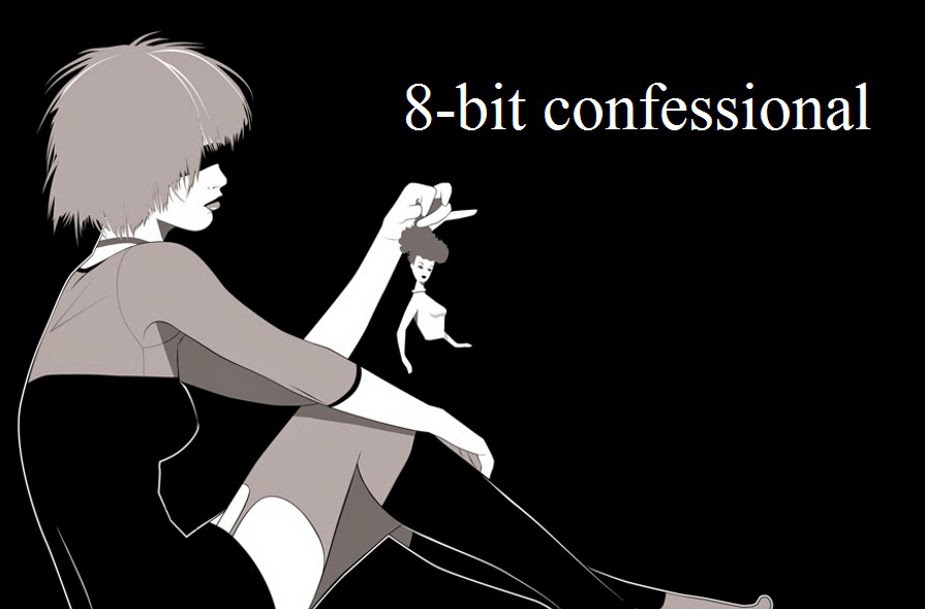
So, I've been planning this podcast for a number of weeks, and it was recorded a couple of weekends ago. A discussion with a student precipated it, as we began discussing whether it was fun or not to watch games, and she suggested her status as a former "little sister on a couch."
Our discussion was intriguing to me for any number of reasons, so I thought that maybe getting together what games journalism often calls "girlfriends on couches" to discuss this seeming form of game spectatorship might be interesting.
Unfortunately, when the time came to record, my own equipment goofed up, so luckily, Jorge Albor came to my rescue and hosted the podcast (he did an amazing job--better than I do at hosting really). However, I was still bummed that I could only briefly participate.
Nevertheless, I highly recommend this episode, which brings together both gamers and non-gamers for a discussion of spectatorship and participation in gaming. The whole group is really very interesting and includes Dawna Perry, Jamie Dunston, Adrian Dunston, Nicole Martin, Jean McLachlin, and the podcast debut (and probable last appearance ever, according to her) of my own "wife on a couch," Sarra Williams. She did a good job, though, and I'm not just saying that because I love her and stuff.
Moving Pixels Podcast: The "Girlfriend on a Couch" Edition
 All right, maybe one final post for 2011.
All right, maybe one final post for 2011. 
















































